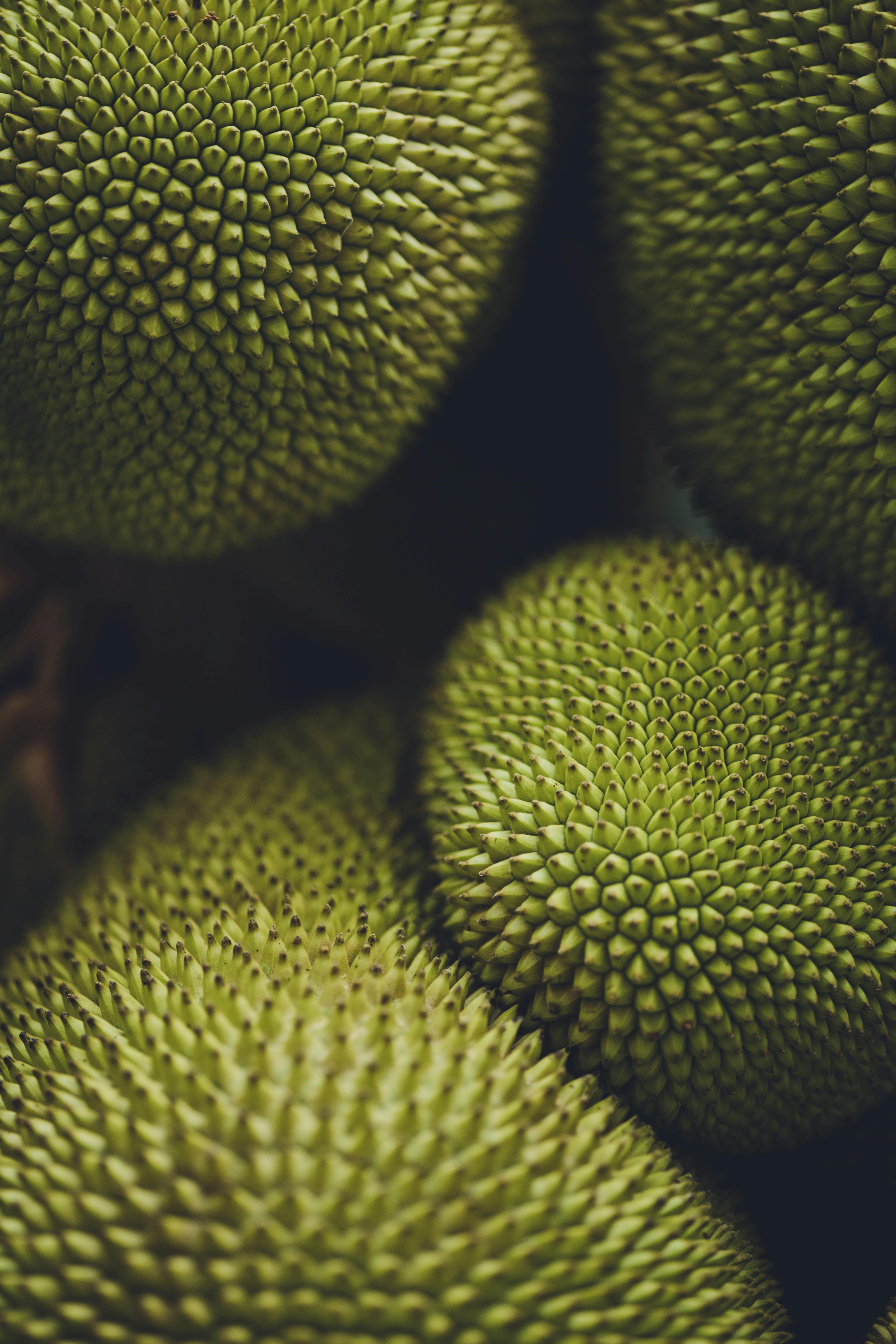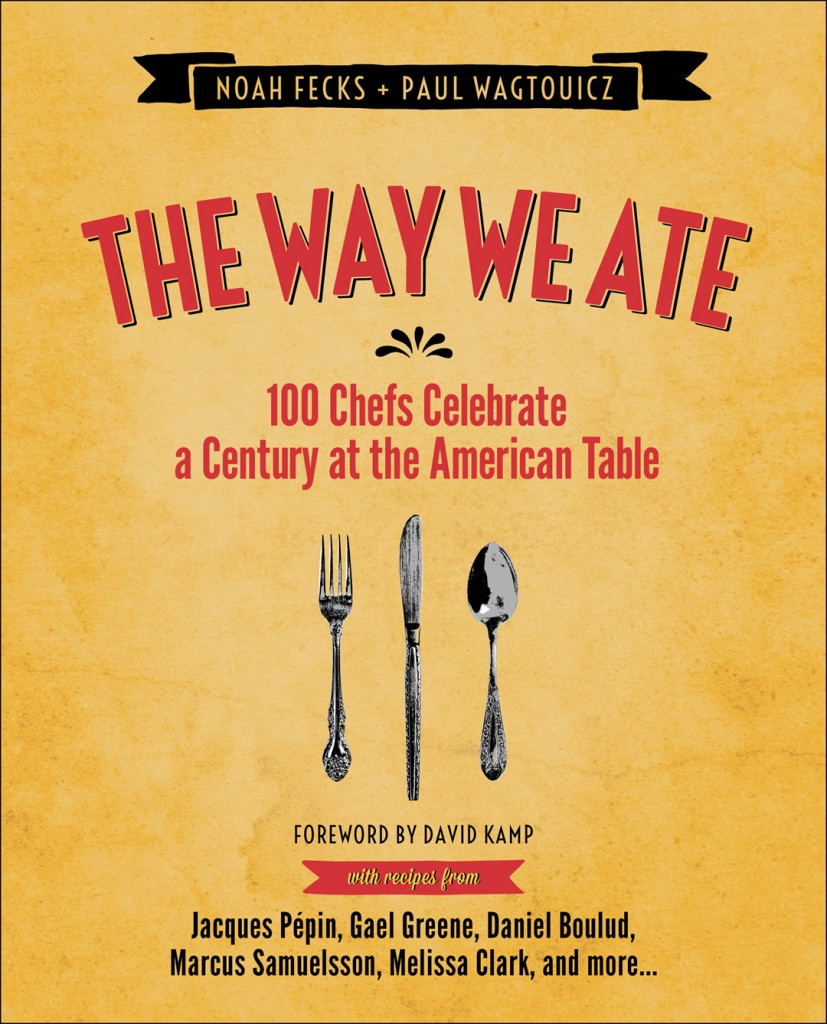“Beware of false prophets, who come to you in sheep’s clothing, but inwardly are ravenous wolves.
You will know them by their fruits.” (Matthew 7:15-16)
Thus begins Jacqueline Alnes’s memoir The Fruit Cure: The Story of Extreme Wellness Turned Sour. Through research and her own story of falling for an all-fruit diet as a college athlete with a neurological illness, Alnes tackles the pitfalls of the healthcare system, challenges the language of wellness culture, and addresses the dangers of being chronically online as an impressionable youth. The Inquisitive Eater was fortunate enough to speak with Alnes over Zoom about her book, diets, and everything in between.
When people think about diets, they usually think about food and physical health, but I wanted to start off by asking if you have a diet for mental health, as in, what do you consume for self-care?
That’s a great question. I think food is so emotional, which I think is partially what comes up in the book—you can start to assign value to food. And I think, obviously, as I wrote about, that can become dangerous. But I think the question you’re asking is much more fun, which is food can also be this source of joy or comfort. For me, there’s so many; I love food.
I am obsessed with matcha latte every Tuesday and Thursday because I teach for eight hours straight. I don’t think it’s so much physical as it is, “I get a treat at a certain midpoint,” and then that carries me through the rest of the day. Keeps me cheerful.
My grandma used to make chicken soup, and sometimes they make that, and that feels like a way of remembering someone, even if it’s not about the food itself.
I make cookies a lot, so I have a lot of memories of friends eating my cookies, or myself eating my cookies.
Aww, that’s really sweet!
When I was looking at your website, I noticed that each page has a different fruit in the background. “Writing” has dragon fruit and lychee. Was that a symbolic choice, as in, do you think that your writing is about unveiling your inner self, or if you could pick a fruit to symbolize your writing, what fruit would you pick?
Oh my gosh, that’s a good question. I’ll say the website is mostly just for aesthetics.
I don’t know if I’m drawn to this because it’s my favorite fruit when it’s good, but jackfruit. I love it. On the outside, it’s sort of unassuming, gigantic, a little bit spiky. But then you open it up, and there’s all those pods—endless rows of pods. I feel like that’s how writing is for me where you have this idea on the outside, but then as soon as you open it up—oops, I have different things in here! And I could eat them all if I wanted to! I’m really into rabbit holes and get really enthusiastic about things, and that feels very jackfruit-ish to me.
You surprise yourself, too.
Yeah, for sure. That’s one of the most fun things about writing, not knowing where it’s gonna go.
In your alumni interview with Elon University, you said that you were working on two books: “One is a memoir about a neurological illness that began at Elon, and another is a narrative nonfiction book about the rise and fall of a fruitarian YouTube community.” When did you realize that those two books could be combined? When did they click?
Well, the not-cute answer is the first one didn’t sell, so it was a product of the publishing industry giving me a sign.
I wrote the memoir about the neurological stuff during my MFA and my PhD. For six years, most of my energy was toward that project, and it was very, very, very tethered to me. It did not at all really go outside of me, myself and I, and so I think I had to write that version just to get it out of my system or process it.
Now that I look back on it as a book, it does feel super insular and not as interesting to me in a bigger way in terms of thinking about getting rid of that loneliness that I felt. I just kind of let myself stay in that loneliness and feel like this is my story. And so after that one didn’t sell, I remember that I was just gonna, for fun, try writing something about the fruit people and see what happened.
I couldn’t stop coming back to myself, so eventually, I started realizing that they weren’t separate at all. I had thought of them as if I was going to write from the outside looking in, but then I realized, wait a second, the reason I was obsessed with them for so long was because there’s so many ways that they reflected my story back to me, and I, them. So it sort of became an invitation then to rewrite and rethink my own story, but in light of that one, and so I’m really glad that it happened the way it did.
All part of finding the jackfruit.
Exactly. I think it’s important for people to know that this book wasn’t born out of my first idea, or even my first draft or my first attempt. I’m always comforted by other people admitting, “I failed. I totally struck out, and now, I didn’t, and I’m okay.”
When I was looking up fruitarianism, I found something called the “alkaline diet.” According to healthline.com, it’s “based on the idea that replacing acid-forming foods with alkaline foods … can alter the pH of your body.” Such alkaline foods include fruits, nuts, legumes, vegetables. It explains that, “Proponents of this diet even claim that it can help fight serious diseases like cancer,” but goes on to say, “However, claims that it boosts health are not supported by reliable studies.” Why do you think language and fact checking are so important when it comes to talking about diet and health?
What you bring up is really important, which is, when I was looking at the fruit diet, I was twenty years old. Twenty! Looking at the website as a twenty-year-old, I would see stuff like “adrenal fatigue,” and it sounded so fancy, so legitimate. I didn’t even know what it was, but I heard that, and language like “toxins,” “arteries,” “clogging your arteries.” I started to believe it.
I think part of fact checking is just looking at the language that’s being employed and asking, “Do they have the credentials to support this language they’re using? And is it even a legitimate thing? Or is it more based in emotion and coming from a place of fear?” Like when I hear healthline.com mentioning cancer, I think a lot of times these diets warn us of what we all are most afraid of, which is dying, aging, getting really terrible diseases that have taken loved ones from all of us. Anytime that’s used as a reason for you to do something, look into the connection of, “Is that legitimate? Is it a peer reviewed study with a wide body of people? Or is it two people who ate blueberries, who were like, ‘Yeah, we don’t have cancer, we’re good’?”
When I was talking to these dieticians for the book, they were talking about how sometimes health practitioners will use their degrees, but not in helpful ways. For example, when I was on the banana website, there was this cardiologist who would say, “Don’t eat olive oil. Olive oil is a complete toxin. It clogs your arteries.” I started believing it. Then the dieticians I talked to years later were like, “That is not advice he should be giving to a twenty-year-old who has no heart problems. If you’re in your seventies and you’re having heart problems, then maybe that’s advice you can take.” Using medical credentials but manipulating it in a way where it’s to everyone, when no advice should be for every person, it should be more specific. Those are things I took away as being, if I were to ever get in a situation again, questions I would ask.
You mentioned getting rid of toxins and clogging right now, and in Chapter Two, you show how fruitarianism began as a religious movement in the late 1800s as people believed that restraint was pure, excess was sinful. Today, a lot of registered dieticians have gone viral on TikTok for suggesting an “add, don’t subtract” approach, where instead of trying to eat less unhealthy foods, you try to eat more healthy foods, as in, you add fruit to your oatmeal, instead of just eating fruit. What do you think this kind of approach says about today’s generation or today’s societal beliefs?
I don’t want to generalize, but I feel, potentially—and I say potentially because these resources are not always true—we do live in an era where we have more access to resources that contradict each other. For example, I can go on Instagram, and I’ll see something that’s like, “January 1st—do a detox for your body!” But then a licensed [registered dietitian] is next on my feed saying, “Look, if someone tells you to detox your body, that’s what you have kidneys for.” And I’m like, “Oh, yeah, I don’t need to fall for that scam.”
Abundance is something I thought a lot about in the book, and this idea of more versus less. At least for the fruitarians I followed, abundance was part of their appeal because it’s the Holy Grail of eating where you can eat more and still be thin or “healthy.”
I think there are more proponents of health, at every size, of not having to look a certain way, but instead feel a certain way or paying attention to actually just the eating itself and not worrying about what that means in terms of aesthetics or looks. It’s definitely something that I’ve seen more of lately that I really do appreciate.
You have a line in Chapter Fifteen that really stood out to me as a main takeaway from the book: “When choosing to follow someone online, [registered dietitian nutritionist] Dahlia [Marin] encourages people to ask, ‘Does this person have high emotional intelligence? And does this person live a life that I would want to live myself?’ If the answers to these questions are no, it might not be the best fit.” Could you give an example of what you think emotional intelligence might look like within diet culture?
Emotional intelligence in that context, at least for me, might be a willingness to be wrong, and a willingness to be flexible. When I see creators who are sticking to an idea of what is right or wrong, good or bad, it’s so easy to get pigeonholed into a certain belief system.
The anonymous person I talked to, they were talking about feeling like they were in an echo chamber, because at a certain point, all of the voices around them start to say the same thing. And I think that can happen on social media if you refuse to admit that maybe you were wrong. Maybe you could make a small change, and it might suit you better. Or if you start feeling unwell, trying a certain diet, having the courage to be like, “Actually, it’s not working for me anymore” without feeling shame about that. So I feel for me, that’s what I look for. Is this person painting broad strokes for a huge population of what they think is right? Or are they kind of sitting with you and being like, “Well, it’s complicated. Let’s try stuff.” And that seems to be more authentic and more of what life is, which is pretty messy all the time, in my opinion.
Is there anything that you would like to say about your book? One last message?
To my followers? No, I’m kidding.
Reaching for nuance whenever you can is richer than living in extremes one way or another. It’s sometimes less comfortable to live in the gray area where there aren’t rules and there aren’t definitive answers that tell you you’re doing the right thing, but I think it’s more real that way, and I think your life can be richer for it.
Christine Ro is a first-year Nonfiction student in the Creative Writing MFA program at The New School and one of the nonfiction editors of The Inquisitive Eater. She loves to write humor essays and screenplays. Some of her work can be found at The New School Free Press and The Inquisitive Eater.



